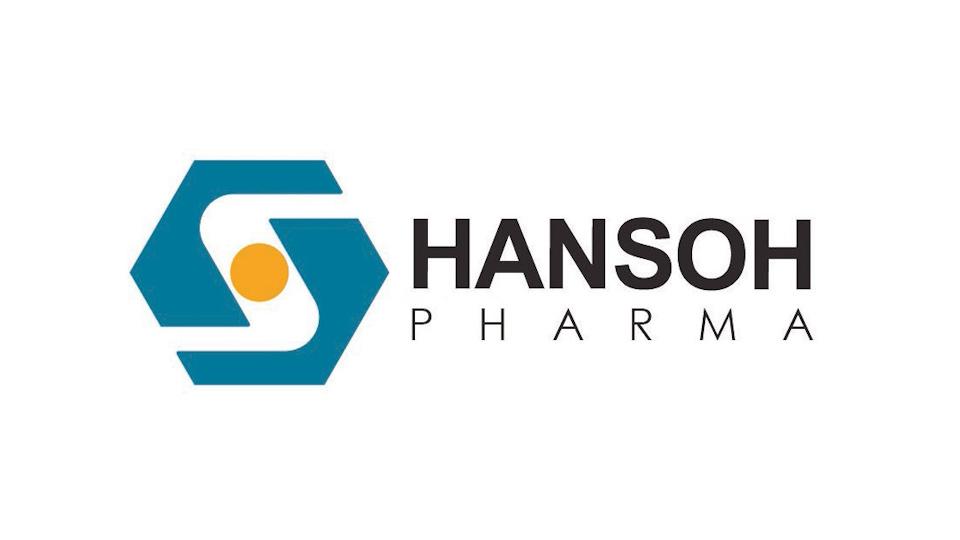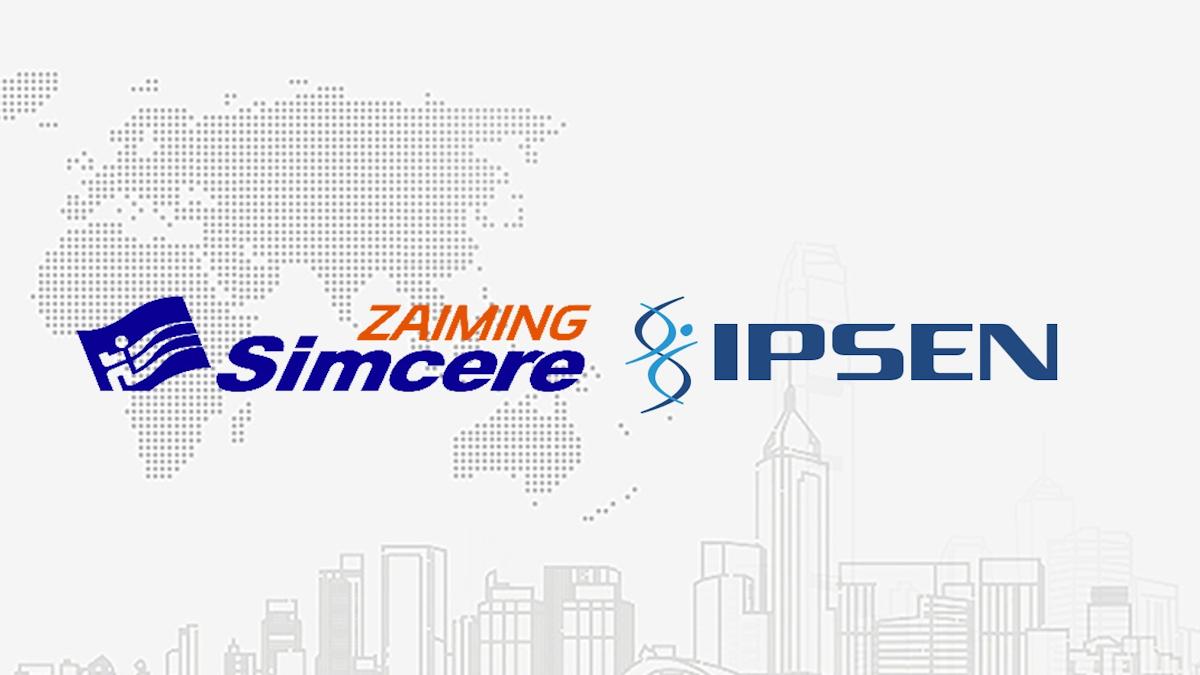GSK taps Hansoh for another cancer ADC candidate

GSK has turned to China’s Hansoh Pharma to add another antibody-drug conjugate (ADC) to its oncology pipeline, this time licensing a B7-H3-targeting candidate for $185 million upfront.
The new deal – which includes another $1.525 billion in success-based milestones – gives GSK rights outside China, Hong Kong, Macao, and Taiwan to HS-20093, which is being developed for various solid tumour types including lung cancer.
B7-H3, also known as CD276, is an immunoregulatory protein that is overexpressed in tumour tissue, notably in lung, breast, ovarian, gastric, and brain cancer as well as squamous cell carcinoma of the skin. It has limited expression in normal tissues, making it an interesting target for therapy that could avoid off-target side effects.
GSK said HS-20093 has already shown activity against small cell lung cancer (SCLC), non-small cell lung cancer (NSCLC), and sarcoma in the phase 1 ARTEMIS-001 trial presented at this year’s ASCO oncology congress.
The dose-escalation study found that out of 40 evaluable patients, 34 (85%) showed evidence of disease control including 14 partial responses. In a subgroup of nine SCLC patients there were seven partial responses. Around half of the patients had been heavily pre-treated with three or more prior lines of therapy.
“B7-H3 is highly expressed in a broad range of solid tumours where there remains a significant need for novel treatment options,” said Hesham Abdullah, GSK’s global head of oncology R&D. The company plans to start phase 1 trials for HS-20093 outside of China in 2024.
It is the second time that GSK has licensed an ADC from Hansoh. In October, the UK-headquartered pharma group entered into an agreement for HS-20089, a B7-H4 targeted ADC currently in phase 2 clinical trials in China, for $85 million upfront and up to $1.5 billion in milestones. Both ADCs rely on Hansoh’s topoisomerase inhibitor as a cell-killing payload.
Just last week, GSK’s chief commercial officer Luke Miels told the Financial Times that the company was planning to forge multiple alliances with Chinese drug developers in order to build up its new product pipeline.
Another recent Chinese deal was the alliance with Zhifei aimed at driving sales of GSK’s shingles vaccines Shingrix – and possible new respiratory syncytial virus (RSV) shot Arexvy – in China in the coming years.
2023 has seen a very large number of big-ticket licensing deals involving ADCs, fuelled by the recognition they are fast becoming mainstream therapies for cancer after decades of development.
This month saw Bristol-Myers Squibb sign a $8.4 billion agreement with China’s SystImmune for a HER3-directed ADC, while other big deals in the ADC space in recent months include MSD’s $22 billion partnership with three candidates developed by Daiichi Sankyo – which also included HER3-directed patritumab deruxtecan – AbbVie’s $10.1 billion takeover of ImmunoGen, and Pfizer’s $43 billion acquisition of ADC pioneer Seagen.













